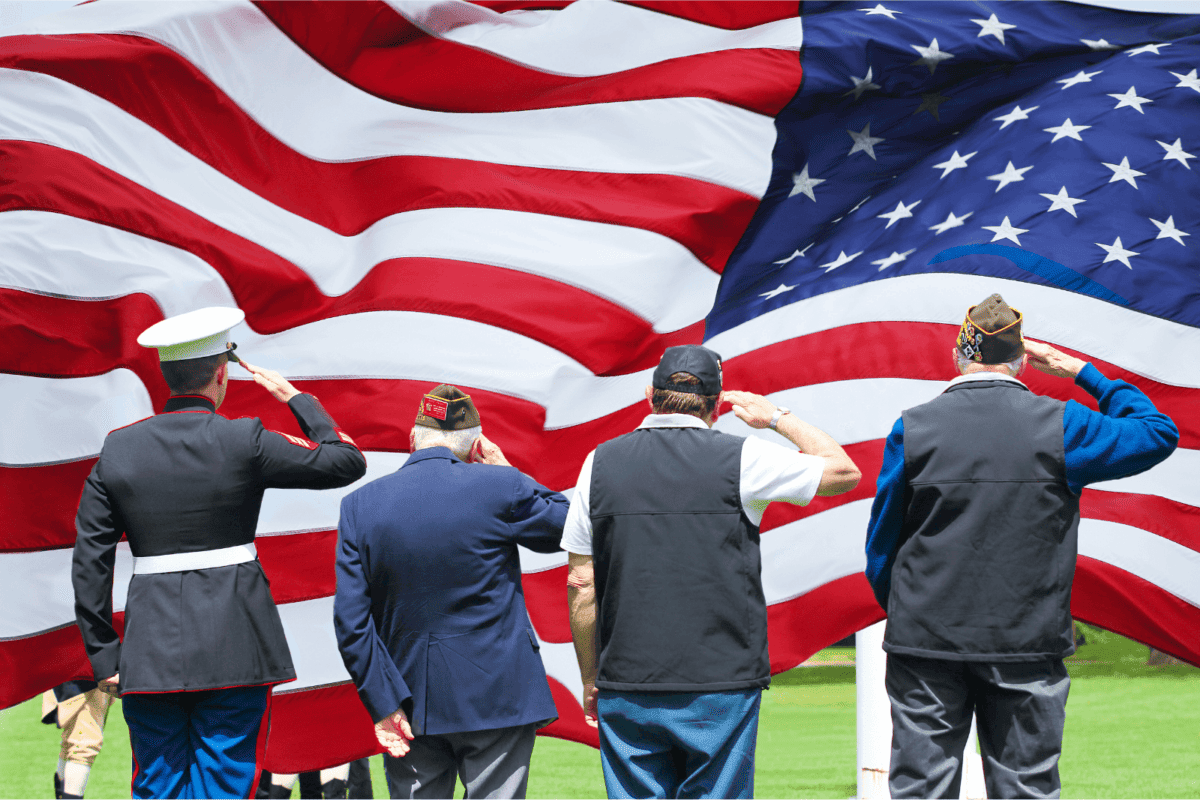Hearing loss is a significant issue among veterans. Exposure to high levels of noise, such as gunfire, explosions, and aircraft engines, can result in long-term hearing damage and impairment. Understanding the impact of hearing loss on veterans can help us raise awareness, advocate for support, and ensure that those who have served our country receive the care and assistance they deserve.
Prevalence of Hearing Loss Among Veterans
Hearing loss is one of the most common service-related disabilities among veterans, affecting individuals from all branches of the military and across various age groups. According to the U.S. Department of Veterans Affairs (VA), over 2.7 million veterans receive disability compensation for hearing loss and tinnitus, making it the most prevalent service-connected disability.
Causes of Hearing Loss Among Veterans
Hearing loss among veterans is primarily attributed to exposure to high levels of noise during military service. Combat situations, training exercises, and occupational duties often involve loud and sustained noise levels that can damage the delicate structures of the inner ear over time.
Additionally, veterans may be exposed to other risk factors for hearing loss, such as blasts from improvised explosive devices (IEDs), gunfire, machinery noise, and exposure to ototoxic chemicals or medications. The cumulative effect of this noise exposure can lead to varying degrees of hearing impairment, ranging from mild to profound.
Challenges Faced by Veterans with Hearing Loss
Coping with hearing loss can present significant challenges for veterans, impacting various aspects of their daily lives, relationships, and overall well-being. Communication difficulties, social isolation, and reduced quality of life are common consequences of hearing loss among veterans. Transitioning to civilian life with hearing loss may also pose challenges, including barriers to employment, education, and accessing healthcare services.
Resources and Support for Veterans with Hearing Loss
Fortunately, there are resources and support services available to help veterans cope with hearing loss and improve their quality of life. The U.S. Department of Veterans Affairs (VA) offers comprehensive hearing healthcare services, including diagnostic evaluations, hearing aids, assistive listening devices, rehabilitation programs, and counseling services.
Veterans with service-connected hearing loss may be eligible for disability compensation and vocational rehabilitation benefits to help them adjust to civilian life and pursue employment opportunities.
The Benefits of Hearing Aids for Veterans
For veterans with hearing loss, hearing aids can improve hearing, enhance quality of life, and boost communication abilities.
- Improved Communication: Hearing aids help veterans hear speech more clearly, making it easier for them to communicate with family members, friends, and healthcare providers. Improved communication can reduce feelings of isolation and frustration, enhancing social connections and relationships.
- Enhanced Safety: Being able to hear important sounds, such as alarms, sirens, and warnings, is crucial for safety, especially in emergency situations. Hearing aids enable veterans to remain aware of their surroundings, reducing the risk of accidents and injuries.
- Increased Independence: Hearing aids empower veterans to participate more fully in everyday activities and tasks, allowing them to maintain their independence and autonomy. By improving their ability to hear and understand speech, veterans can confidently navigate various environments and situations.
- Better Cognitive Function: Untreated hearing loss has been linked to cognitive decline and increased risk of dementia in older adults. By wearing hearing aids, veterans can maintain cognitive function and mental sharpness, reducing the risk of cognitive impairment and promoting brain health.
- Improved Quality of Life: Hearing aids can significantly enhance veterans’ overall quality of life by restoring their ability to engage in meaningful activities, enjoy social interactions, and participate in hobbies and interests.
- Career Advancement: For veterans in the workforce, hearing aids can be instrumental in maintaining job performance, communication with colleagues, and career advancement opportunities. By addressing hearing loss with hearing aids, veterans can continue to excel in their chosen professions and pursue their career goals.
Explore Your Hearing Aid Options
Hearing loss is a significant issue among veterans. That’s why we work with veterans to help them find the perfect hearing aids. Each person’s hearing loss and hearing needs are unique, so we’ll work with you to find the devices that are right for your needs and lifestyle. Visit us today to get started.

